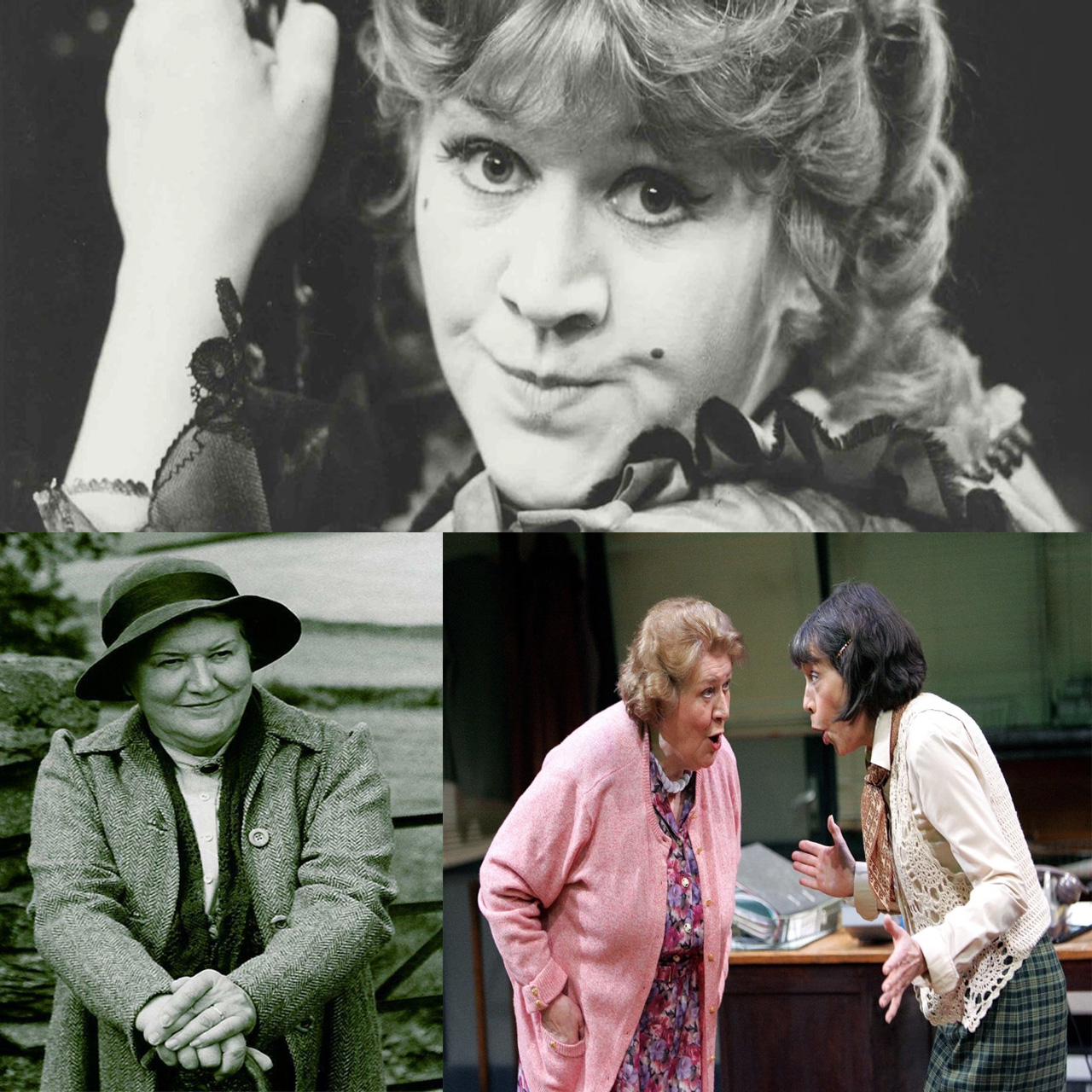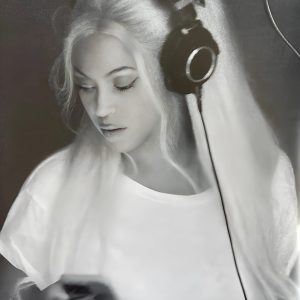Patricia Routledge’s Theatrical Triumph: How One Debut Sparked a Lifetime at Chichester
In the storied annals of British theatre, few names elicit as much admiration, affection, and reverence as Dame Patricia Routledge. Long before her immortal turn as Hyacinth Bucket in Keeping Up Appearances endeared her to millions, Routledge was carving a different legacy—one of theatrical brilliance, artistic boldness, and a career deeply intertwined with the hallowed stage of Chichester Festival Theatre (CFT).
Her debut season in 1969 wasn’t merely an entrance. It was an eruption—a theatrical tour de force that established her as one of the crown jewels of British repertory theatre. And it all began with a part written in the ink of fate: a starring role opposite the legendary Alastair Sim in The Magistrate.
1969: The Arrival of a Powerhouse
The 1969 season at CFT marked a pivotal moment not just for the theatre, but for the actress stepping into its spotlight for the first time. In a single season, Routledge performed in three of the four scheduled productions—an extraordinary feat showcasing both her range and endurance. She brought biting satire and emotional subtlety to Brecht’s The Caucasian Chalk Circle, embodied the comic aristocrat Lady Fidget in Wycherley’s bawdy Restoration play The Country Wife—sharing the stage with none other than Dame Maggie Smith—and, most memorably, dazzled as Agatha Poskett in Arthur Wing Pinero’s The Magistrate.
But it was her creative partnership with Alastair Sim in The Magistrate that left a lasting impression on both audiences and Routledge herself.
“The reason I came to Chichester in 1969 was to play opposite Alastair Sim,” she later recalled. “It was unforgettably wonderful. That God-given face to start with—and then, when it starts to move, it is even more interesting… and then when it moves with the mind and the intention behind it, even more wonderful.”
To perform alongside Sim, already an icon by that time, was an artistic initiation of the highest order. Their chemistry on stage was electric—an embodiment of wit, timing, and restraint. The production played to standing-room-only audiences. People crowded at the back of the theatre, desperate to witness what quickly became a seminal moment in Chichester’s history.

But for Routledge, the experience held more than accolades. It delivered enduring lessons.
“I learned from [Sim] never to be impatient with a slow audience,” she said. “He knew he could woo them to his knees, never playing for laughs.”
That ethos would shape her approach for decades to come: performance not as vanity, but as communion—a generous, exacting discipline rooted in emotional truth.
A Theatre Home Forged in Fire and Laughter
Routledge’s connection to Chichester was no fleeting affair. That first season ignited a creative love story that would span nearly four decades and over a dozen productions. She became a fixture in the CFT repertoire, returning again and again to roles that demanded wit, dignity, and emotional range—qualities she seemed to possess in boundless supply.
Her 1973 turn in Dandy Dick brought her comedic prowess to the fore, a perfect follow-up to the success of The Magistrate. In Richard Brinsley Sheridan’s The Rivals (1994), she wielded the character of Mrs Malaprop with razor-sharp precision, balancing the buffoonery with a sense of human longing that elevated the role far above caricature.
In Beatrix (1996), Routledge reached into the soul of Beatrix Potter, delivering a performance both luminous and restrained—a meditation on creativity, repression, and self-actualization. And in 2007’s Office Suite, she explored Alan Bennett’s world once again, this time through two linked monologues exploring ordinary people and their extraordinary, often heartbreaking inner lives.
Each time she stepped onto the CFT stage, Routledge not only transformed but elevated the production itself. Directors and actors alike speak of her uncanny ability to command attention—not through showboating, but through stillness, subtlety, and an unflinching connection to character.
Artistic Alchemy: The Impact of Routledge at CFT
Patricia Routledge’s long-standing presence at CFT is more than a personal narrative; it’s part of the theatre’s very DNA. Her performances marked eras. She drew audiences who might otherwise never have set foot in a regional playhouse. She gave life to obscure or underperformed works. And she mentored, simply by example, younger actors lucky enough to share the boards with her.
Her return to Chichester was never simply contractual. It was spiritual. This was her artistic home. In an industry often obsessed with novelty and youth, Routledge’s career at CFT became a beacon of enduring artistry—a reminder that mastery takes time, patience, and fearlessness.
Legacy Beyond the Spotlight
While much of the public knows her through television—particularly for the comedic genius of Hyacinth Bucket—Routledge’s theatrical work reveals a deeper artistic mission. Her CFT roles often tackled questions of morality, identity, and societal expectation. Whether exploring the absurdity of Victorian manners, the fierce independence of Beatrix Potter, or the veiled emotions in Bennett’s monologues, Routledge delivered performances that invited reflection as well as laughter.
And always, behind the roles, stood the artist herself: disciplined, modest, fiercely intelligent, and quietly transformative. She brought her full self to each performance—the musical training, the personal sorrow, the spiritual grounding—and in doing so, gave audiences not just a character, but a glimpse of what it means to live fully, vulnerably, and truthfully.
Chichester’s Grand Dame
Today, Patricia Routledge is regarded as one of Britain’s most beloved and respected performers, her name synonymous with excellence. But for those who saw her at Chichester—particularly during those landmark seasons—it’s not just respect they feel. It’s awe.
Her legacy at CFT is not only etched in programmes and production stills. It lives on in the very timbre of the theatre’s voice. It is part of the institution’s soul.
And in the minds of those who watched her conjure magic under the lights—from The Magistrate to Office Suite—Patricia Routledge will forever remain not just a performer, but a phenomenon.
Would you like a version of this formatted for print or online publication, including production photo captions or sidebar content?





